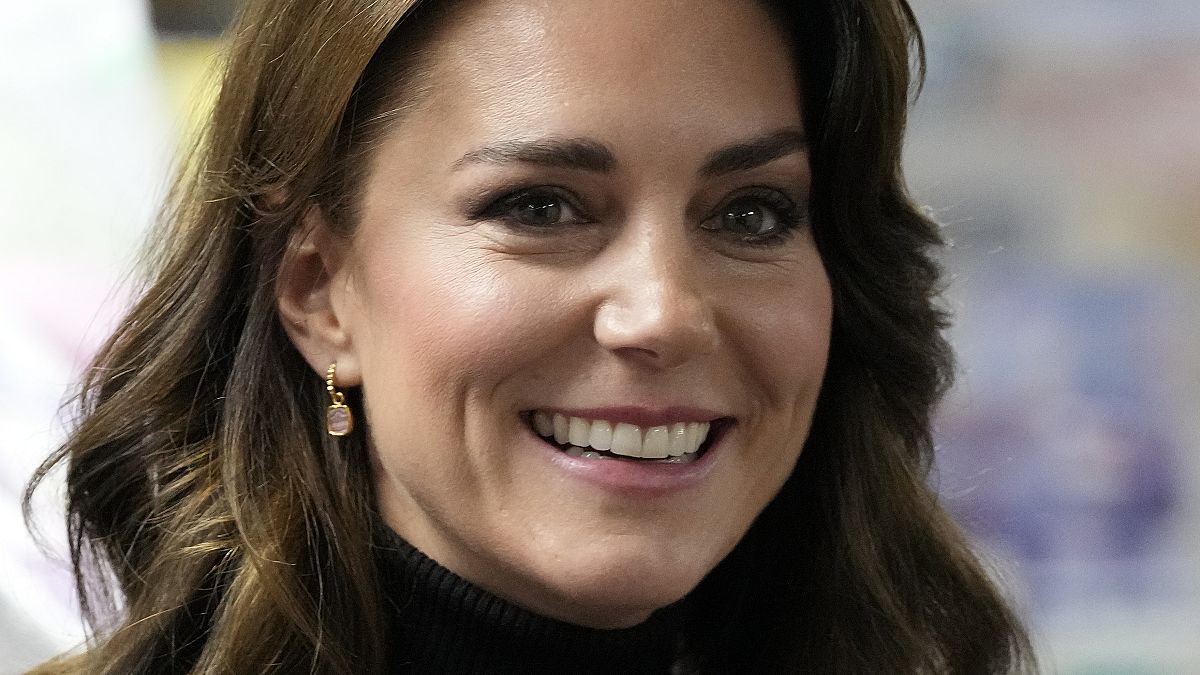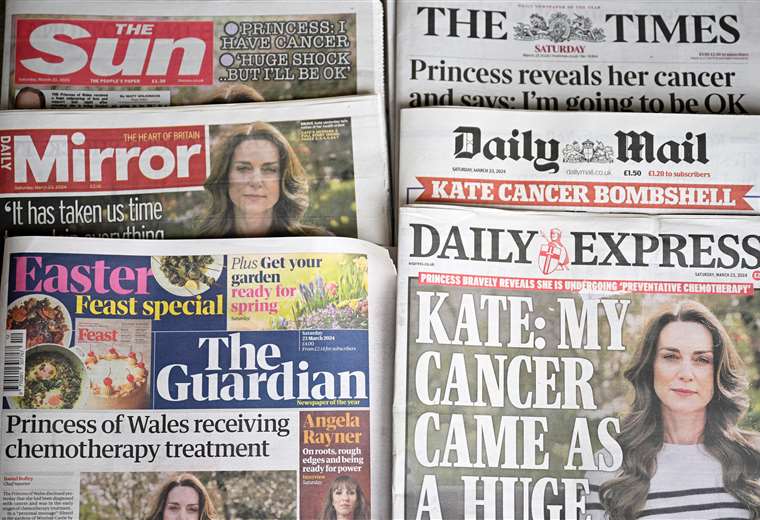When Sandra Vizzavona had her first abortion, she was just 16 years old. His parents made the decision. No one asked what he wanted or how he felt. This experience and second abortion led him to write a book Disturbance (Ariel publishing house, 2022), where she brings together the voices of more than 20 French women who have walked the same path.
“I refuse to allow others to speak on their behalf,” Vizzavona writes in the book, in which the silence, fear, submission, and guilt she and her interviewees reveal are part of what they went through after having an abortion.
Vizzavona is a lawyer specializing in Labor Law in France and a member of the Paris Bar Association since January 2000. Disturbance This is her first book and with it she seeks to show the experiences of women who are aborted from the depths of their emotions.
The work is divided into two parts. In the first part, the author presents the stories of women who have legal abortions, while the second part is the testimonies of women who have clandestine abortions.
On the occasion of the recent International Women’s Day, Vizzavona spoke about everything that is happening around abortion. For example, lawsuits against women, because abortion is still considered the same as committing a mistake, and those who do it must suffer because of it and feel guilty.
“There are many ways to have an abortion. Especially when I realized that generally speaking about abortion are men or women who have never had an abortion and in fact, women who have had an abortion are never listened to,” said Vizzavona, in an interview. interview from France with Political Animal.
Read: These 3 #8M Companion Women’s Books
Last February, the French Parliament approved an extension from 12 to 14 weeks for the legal term for having an abortion. In France, abortion was decriminalized after the “Veil Law” was passed in 1975, promoted by Simone Veil and which supplemented the 1972 “Neuwirth Law”, referring to contraceptive methods.
“Abortion is still taboo”
In France, abortion has been legalized since 1975. However, 47 years later, for French society deciding to have an abortion continues to be taboo, complicating its recognition as a human right, Vizzavona warned.
“Abortion is still taboo. But in my opinion everything related to the female body and sexuality is taboo. They didn’t talk about her miscarriage. They don’t talk about their period. They don’t talk about their sexuality freely,” he said.
The author argues that, given these limitations, abortion for French society is not an acquired right and faces resistance among doctors. In European countries, it is difficult to find a doctor who agrees to terminate a pregnancy. There are areas where it is very difficult for women to have an abortion, so they are forced to travel abroad.
Within this framework, Vizzavona seeks that Disturbance be an example of the diversity of women who have to abort, with their personal and religious emotions and beliefs.
From sorrow to relief
According to the author, more than 20 stories presented in the book reveal that every woman experiences the decision to have an abortion in different ways, because everyone is different.
In her case, Vizzavona talks about every emotion she’s experienced in the two abortions she’s had. On the one hand, he felt angry, angry, guilty, sad, and ashamed.
“I’m ashamed. I feel I’ve done something wrong. I don’t understand. I feel guilty, even though my intelligence knows that I haven’t done anything wrong. Women go through all this. Even though sad, even though guilty. The first sensation is relief”, she recounts.
In Latin America, countries that have legalized the right to free and safe abortion are Colombia, Argentina, Chile, Uruguay, Cuba, Guyana, French Guiana and Puerto Rico. In Mexico, seven entities have taken steps to decriminalize pregnancy disorders: Mexico City, Colima, Oaxaca, Veracruz, Hidalgo, Baja California and more recently Sinaloa.
“We have to get all countries to consider legalizing abortion. The only way to abort is through the law. We can only do that by legalizing abortion and then changing the mentality,” said Vizzavona.
The author argues that in order to achieve access to free and safe abortion, this problem must be normalized. It needs to be talked about so that being a part of society and the new generation no longer see it as something to be ashamed of, but as an acquired right, as happened with the contraceptive pill.
The decision to have a free and safe abortion allowed it not to drastically change a woman’s life, says Vizzavona. “It allows you to not stop living your life. This is what abortion is all about. It allows you to live. Which wouldn’t have happened if you didn’t have access to it.”
#YoSoyAnimal

“Internet trailblazer. Troublemaker. Passionate alcohol lover. Beer advocate. Zombie ninja.”




/cloudfront-us-east-1.images.arcpublishing.com/eluniverso/FTEC73B3HFHWHOUJFHJPCYHHY4.jpg)
:quality(85)/cloudfront-us-east-1.images.arcpublishing.com/infobae/3FBT6VVNRDO6XEXJQM5YMGSWSU.jpg)

